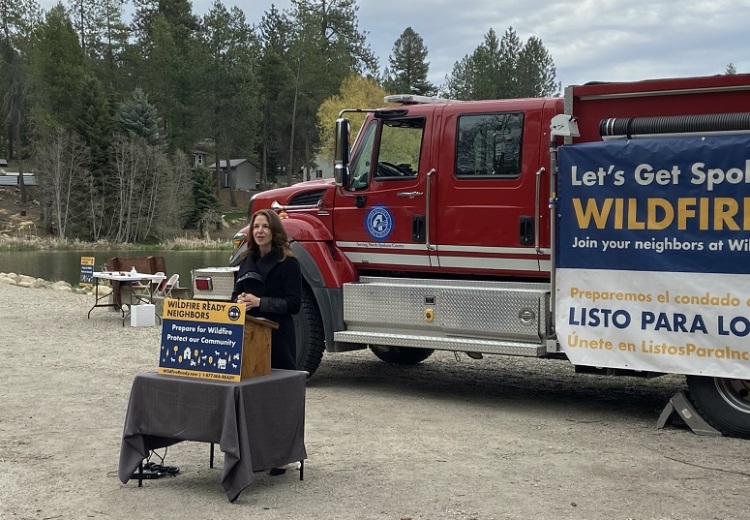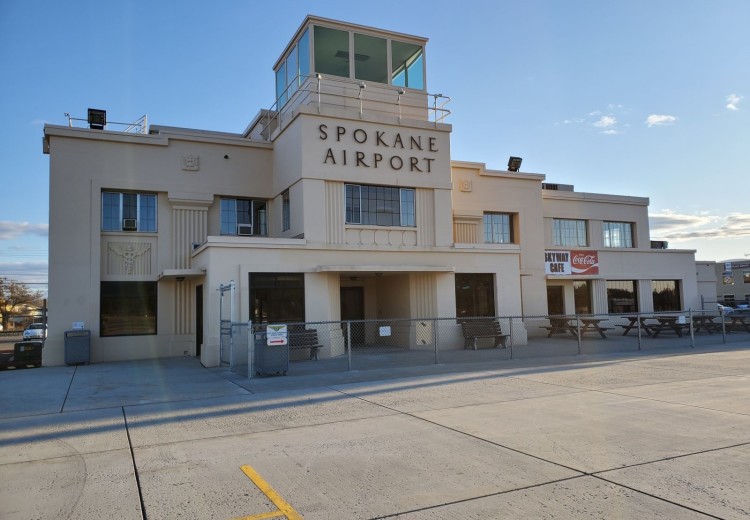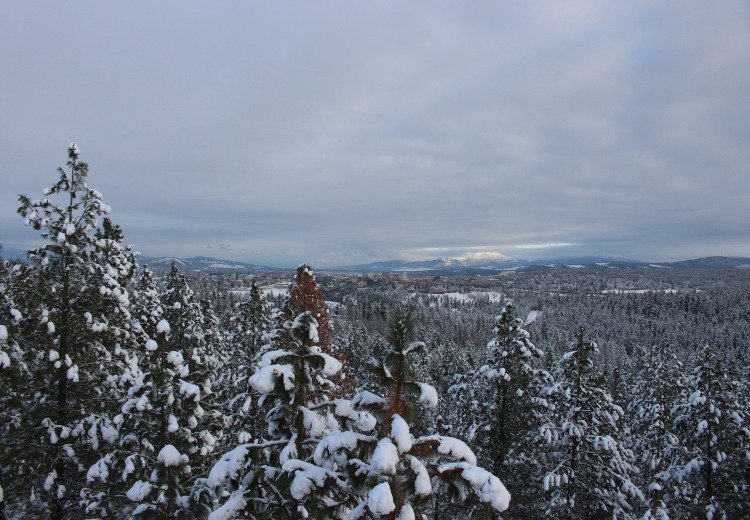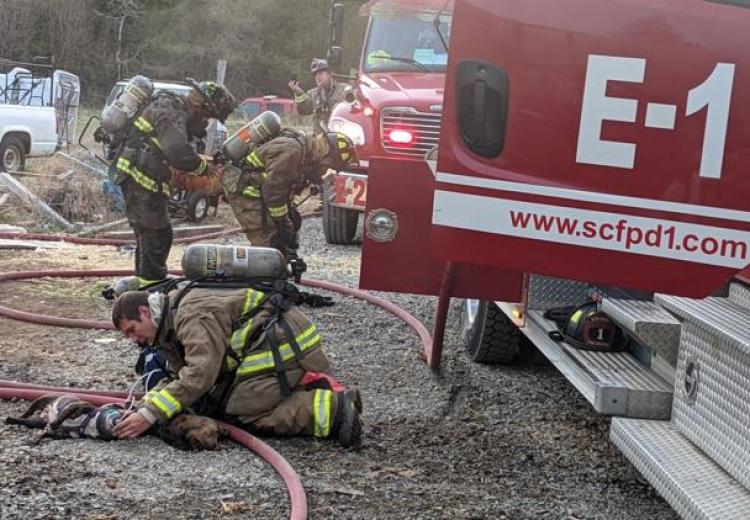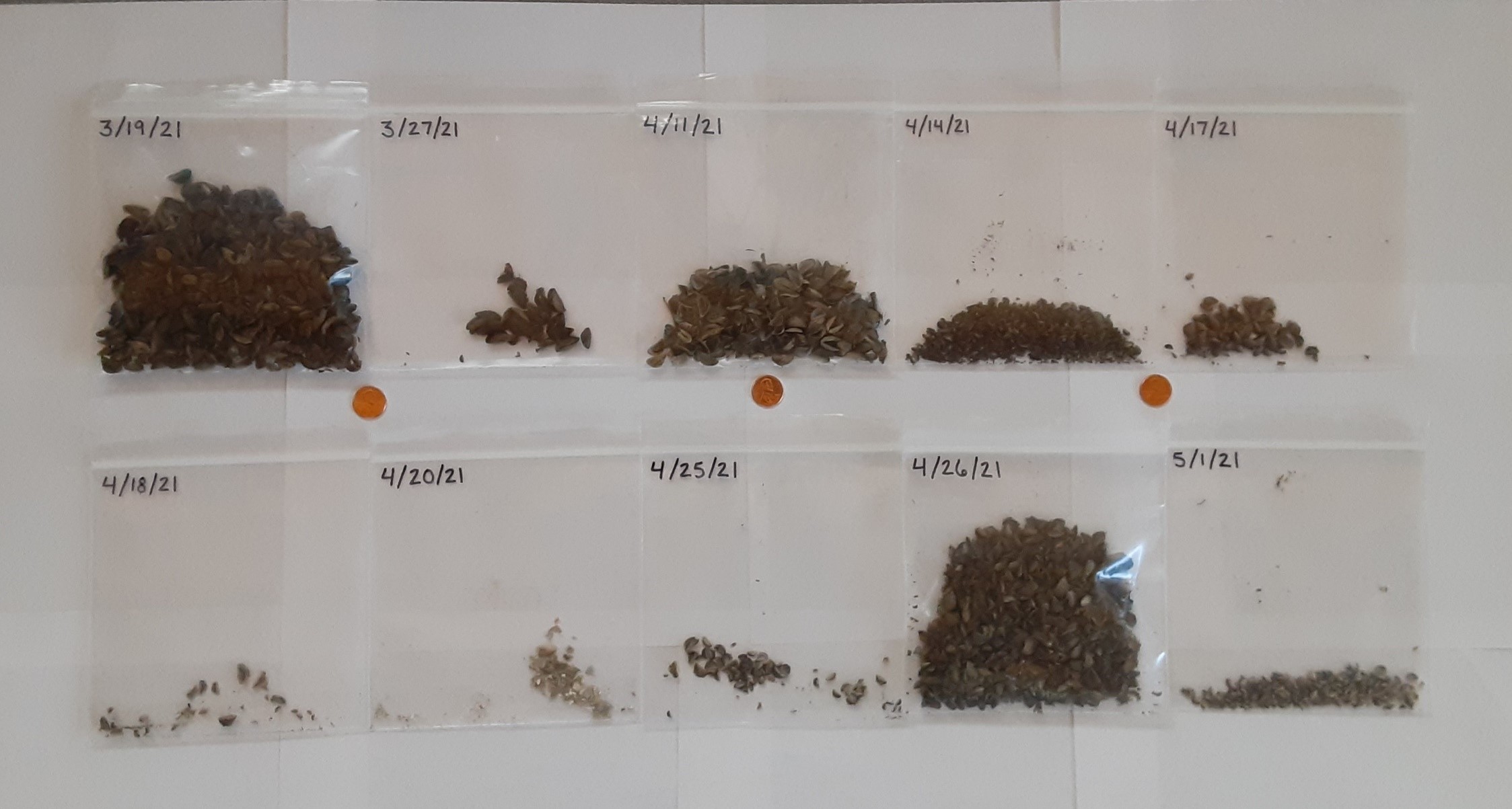
SPOKANE – Only five months into the year, and Washington Department of Fish and Wildlife (WDFW) aquatic invasive watercraft inspection stations staff have already inspected over 5,500 watercraft; 11 of which were fouled with invasive zebra and/or quagga mussels.
WDFW’s check stations are part of the Pacific States Marine Fisheries Commission Columbia River Basin Team watercraft inspection network. Four Pacific Northwest states (Washington, Oregon, Idaho, and Montana), along with British Columbia and Alberta, make up a network of inspection stations that protect the Columbia River from introductions of zebra and quagga mussels. The stations work cooperatively to share and track watercraft fouled with invasive mussels.
“The busiest part of the boating season hasn’t started yet and crews are already making progress in keeping fouled boats out of Washington water bodies and potentially preventing an infestation of aquatic invasive species,” said Captain Eric Anderson, WDFW aquatic invasive species enforcement program lead. “At this rate, we expect to deal with more boats than ever this year and possibly more that are fouled with invasive species.”
Out of the 11 mussel-fouled watercraft, nine had been previously intercepted at check stations in other states and cleaned. It is often hard see and remove every mussel, so those stations notified WDFW that the watercraft were headed to Washington. WDFW staff did a second inspection and found additional mussels. The other two fouled watercraft had not been checked or inspected prior to being intercepted in Washington.
WDFW is the lead agency for statewide management of invasive species; non-native plants and animals that cause economic or environmental harm and could spread to new areas of the state. Invasive species can out-compete and overwhelm local species, disrupting entire ecological systems. Zebra and quagga mussels are one of the aquatic invasive species of greatest concern. They can clog pipes and mechanical systems of industrial plants, water systems, utilities, locks, and dams.
“Invasive mussels haven’t taken hold in Washington yet and the Columbia Basin is the last major river in the United States that has not been impacted.” Said Justin Bush, executive coordinator of the Washington Invasive Species Council. “Efforts by the Washington Department of Fish and Wildlife and partners such as irrigators, public utilities, and the boating industry have been successful in avoiding spending more than $100 million each year to keep Washington’s power and water running; a cost that doesn’t include impacts to recreation or ecological damage.”
All watercraft (from powerboats to paddleboards) are required by law to stop for a quick check at watercraft inspection stations. WDFW has three boat check stations across the state- on Interstate 90 near the Washington/Idaho border, on U.S. 395 near the Tri Cities, and the newest one that opened in April off Interstate 90 near Cle Elum.
Preventing the spread of aquatic invasive species is a major challenge when it comes to funding and resources. New funding from the final proposed 2021-23 legislative budget is expected to help with that. Six million dollars in new funding is slated to help WDFW increase its aquatic invasive species work, including providing funding for ballast water monitoring and funding staffing at western Washington Aquatic Invasive Species watercraft check stations.
“It's a necessary and good investment,” said Allan Pleus, WDFW’s aquatic invasive species manager. “Invasive species have significant economic impacts on recreational and commercial fisheries, shipping, hydropower and irrigation industries, plus disproportionately impacting small businesses, tribal cultural resources, endangered species, and low-income communities.
Boaters and other recreationists can help by taking three easy steps: clean, drain, and dry all watercraft and equipment before using them in another water body to prevent spreading mussels and other aquatic invasive species. It is also illegal to transport, possess, or release these species, and there are severe penalties for doing so.
For more information on aquatic invasive species in Washington, visit the WDFW website. For more information on all Washington invasive species, visit InvasiveSpecies.wa.gov.
Individuals who need to receive this information in an alternative format, language, or who need reasonable accommodations to participate in WDFW-sponsored public meetings or other activities may contact the Title VI/ADA Compliance Coordinator by phone at 360-902-2349, TTY (711), or email (Title6@dfw.wa.gov).


